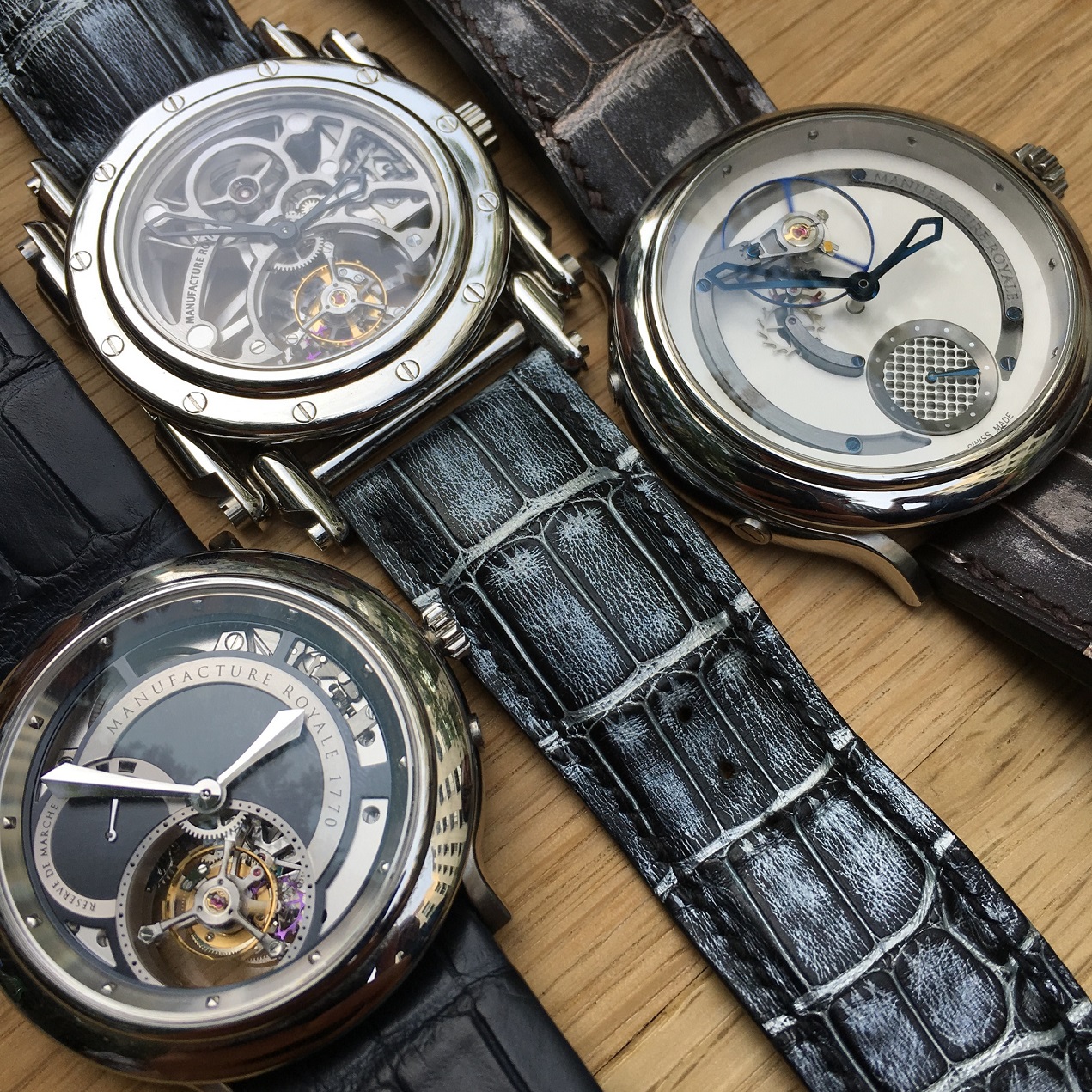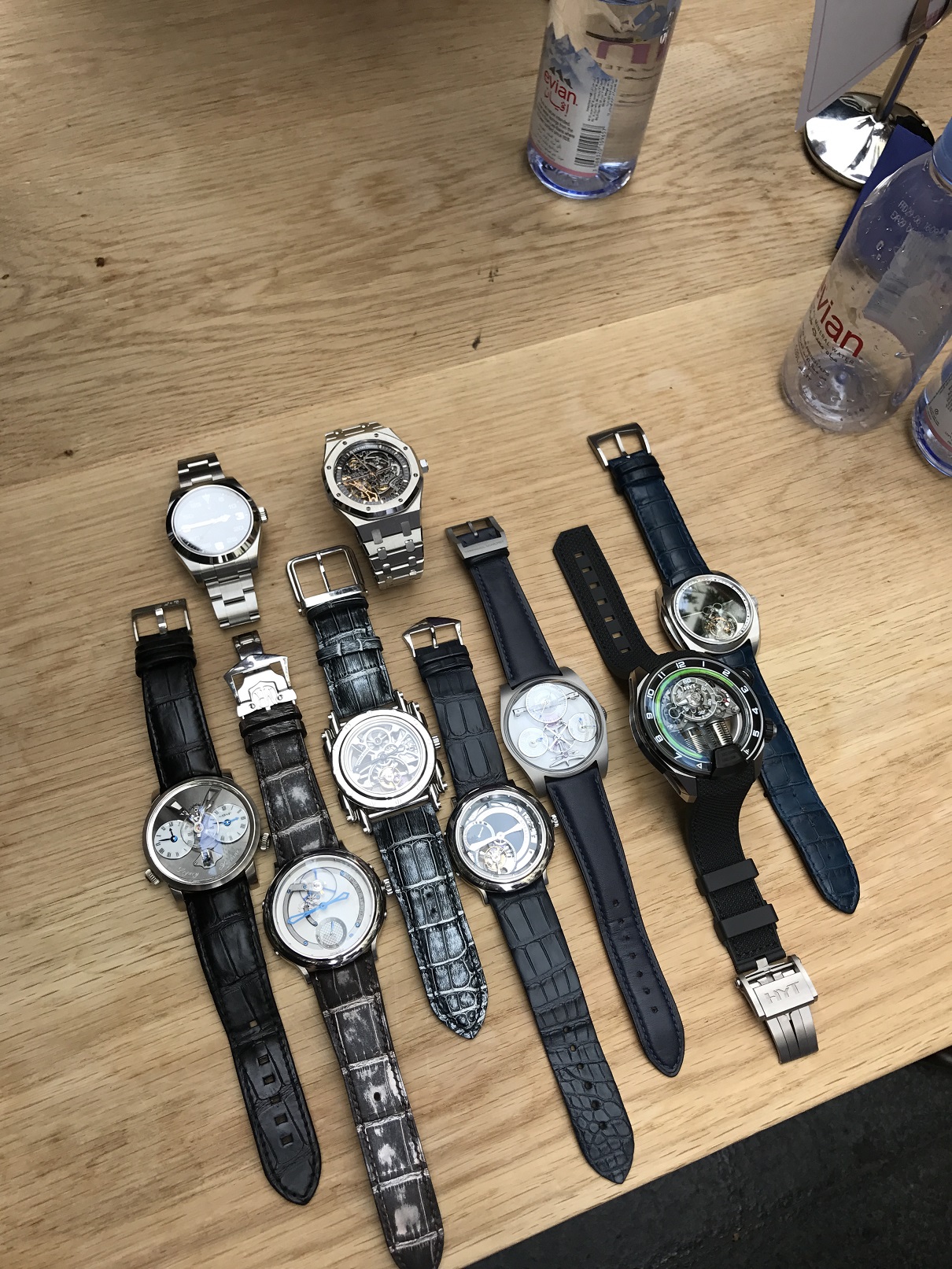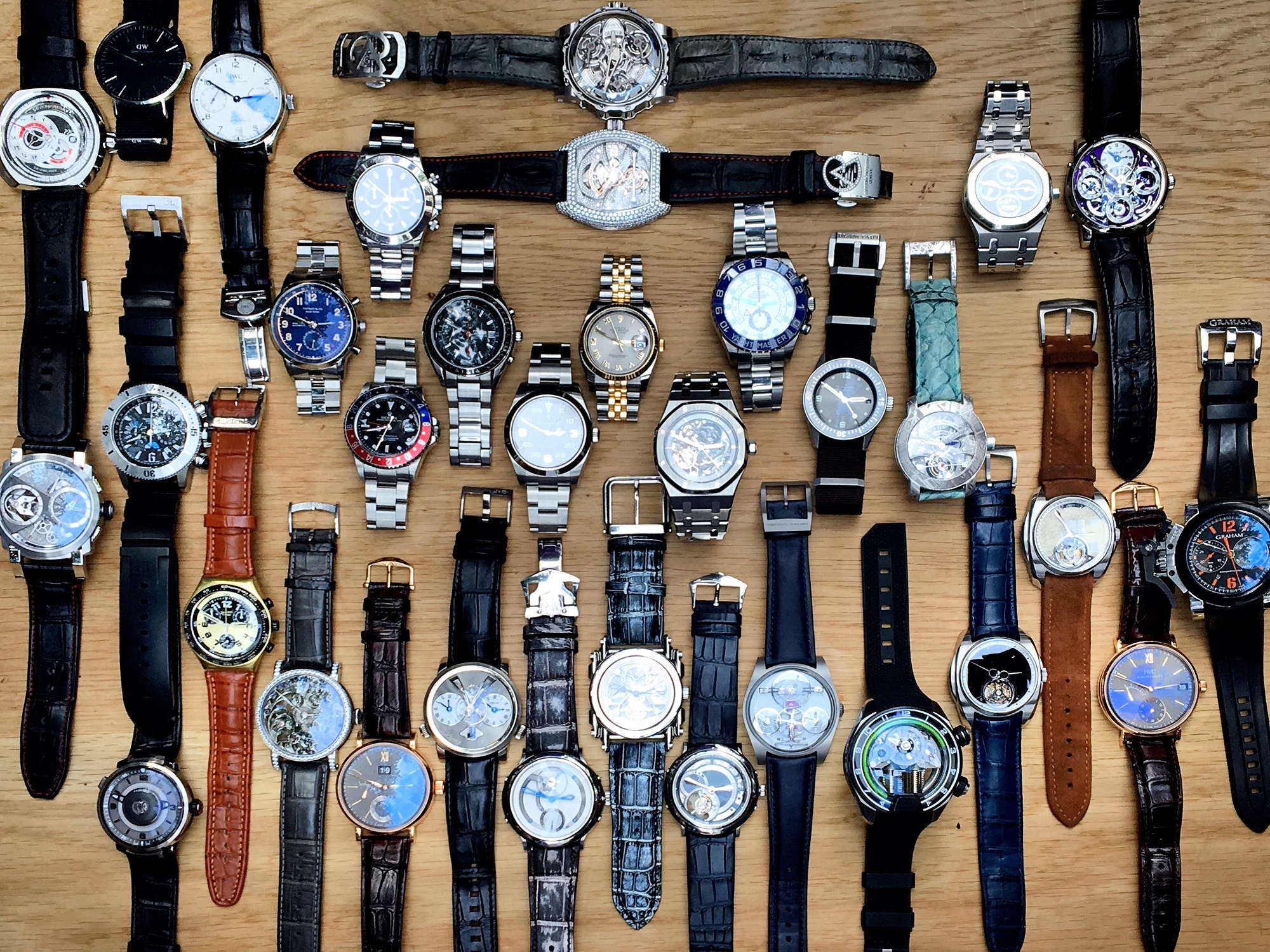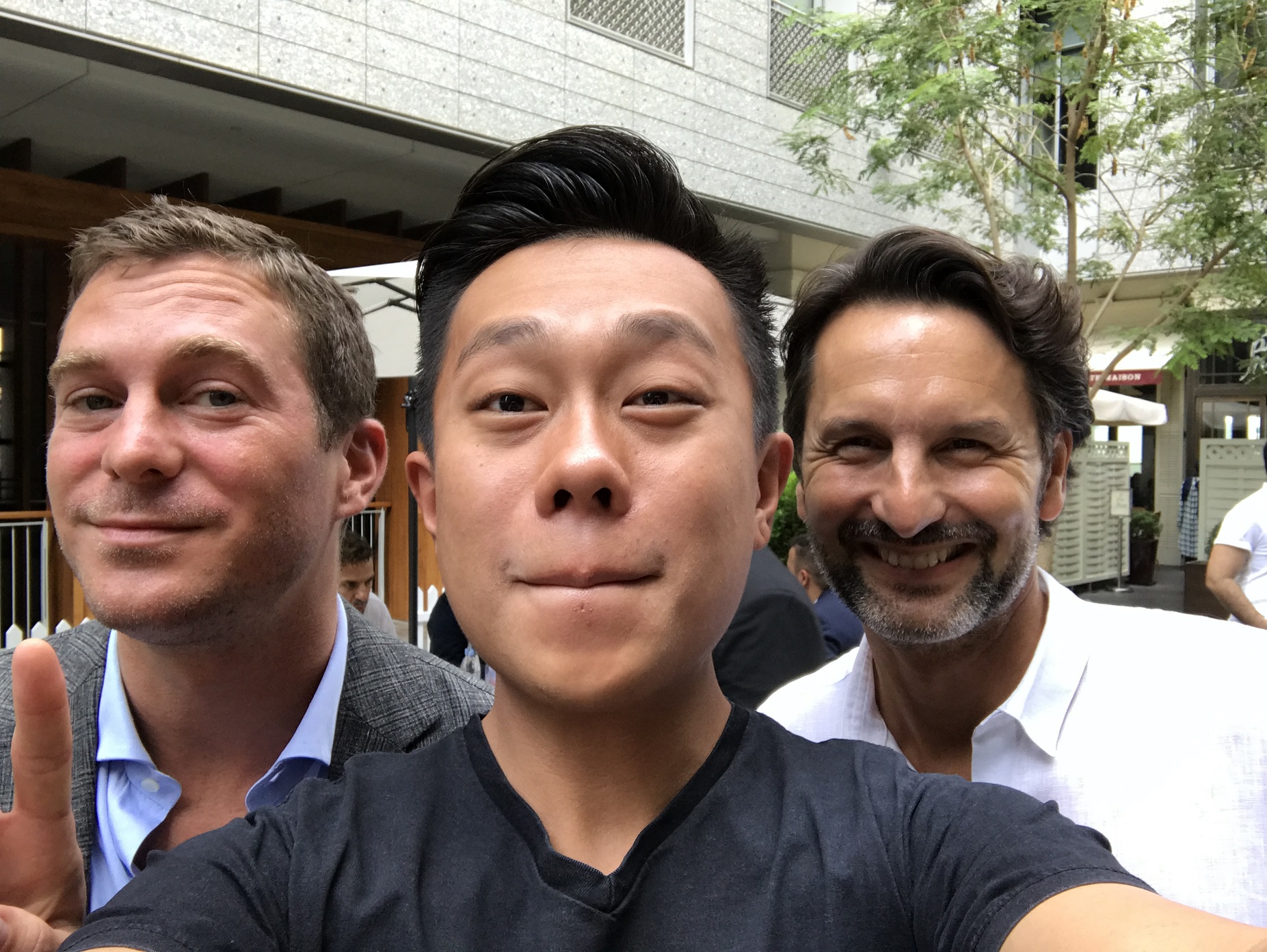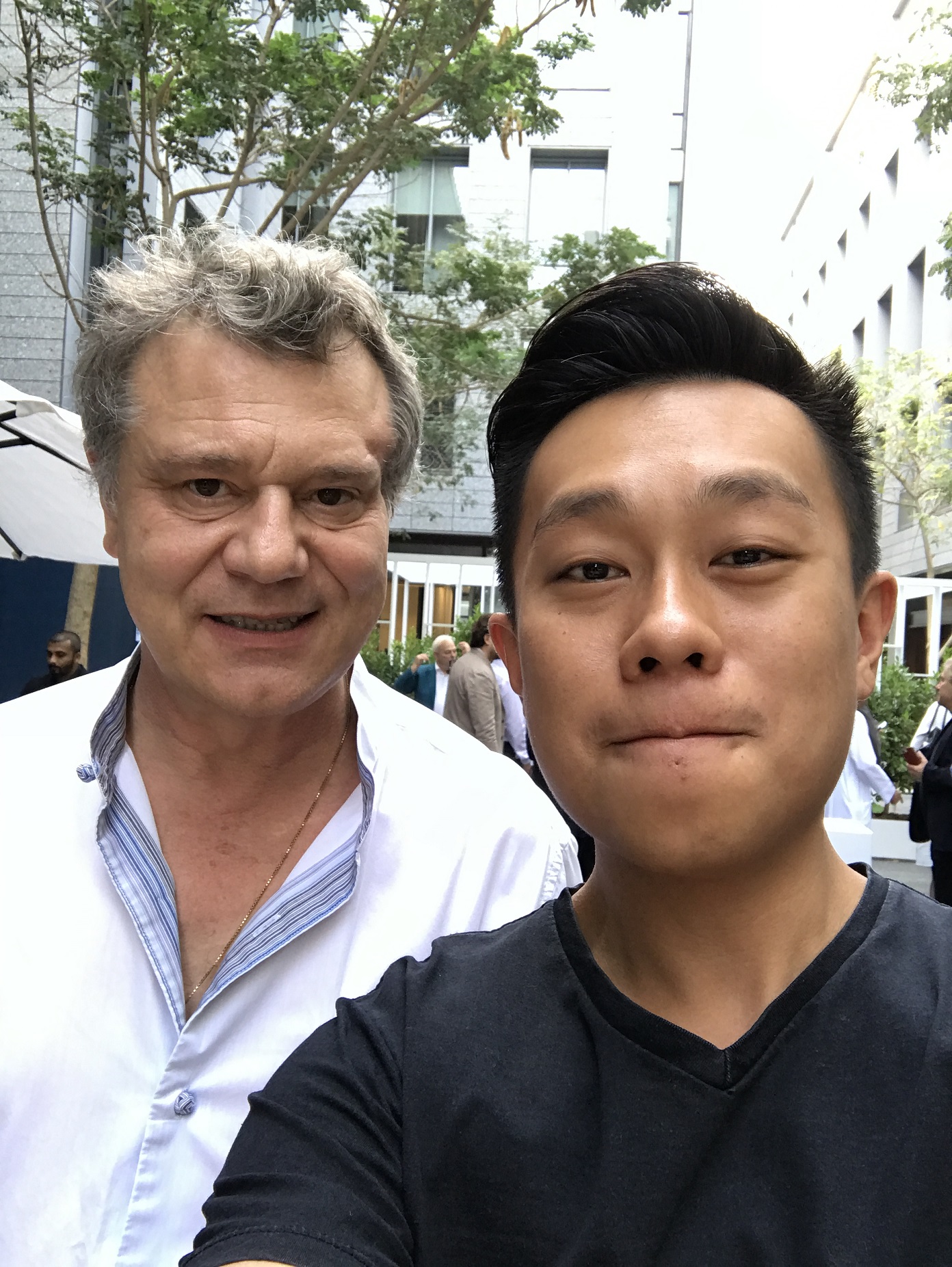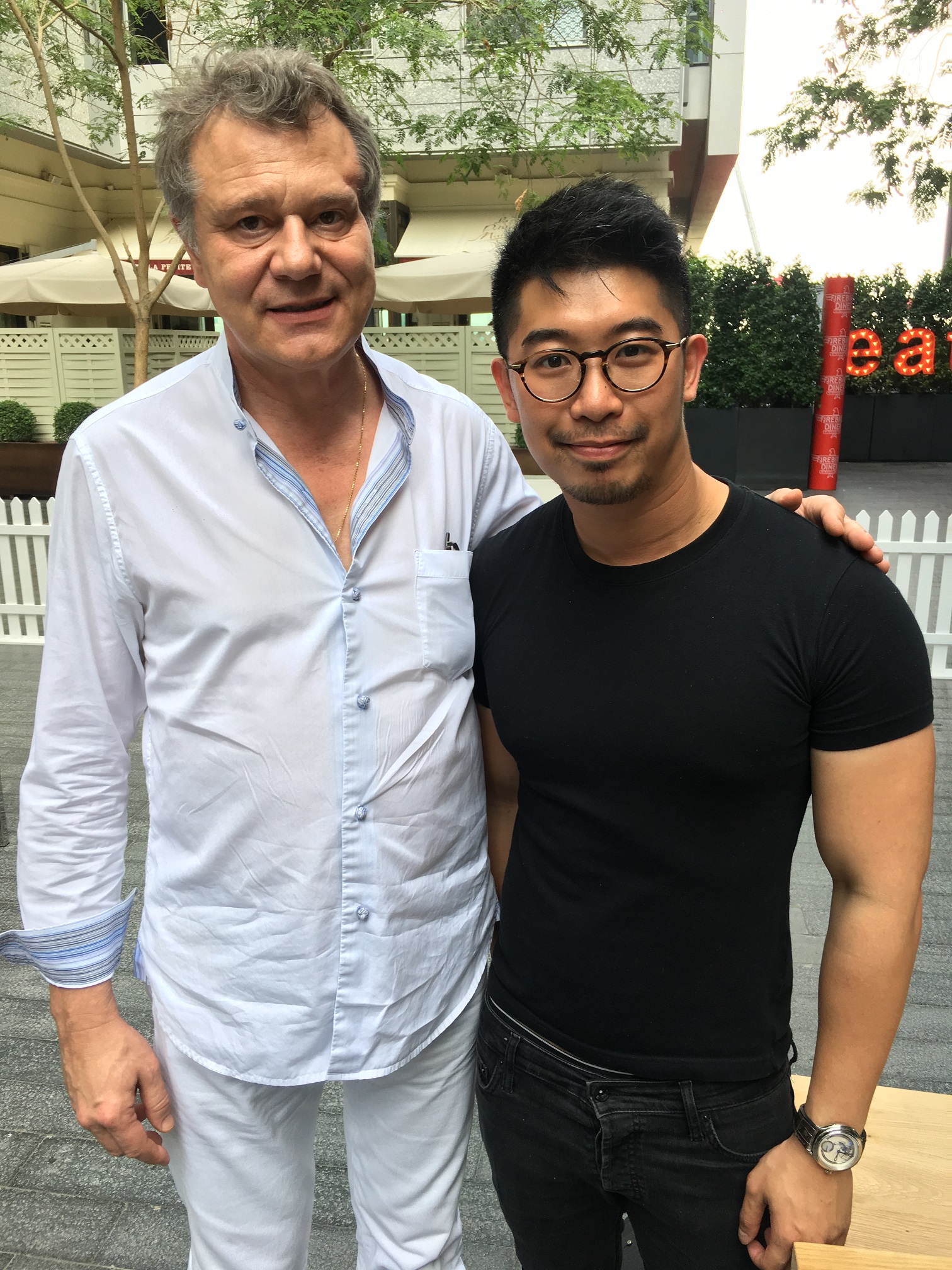Day 3 started with a private and insightful chat with Mr. Philippe Dufour – a gentleman widely regarded as the best artisanal watchmaker today. Mr. Dufour walked us through his journey of life, from his stumble into watchmaking, to his first watch, to his vision for the future.
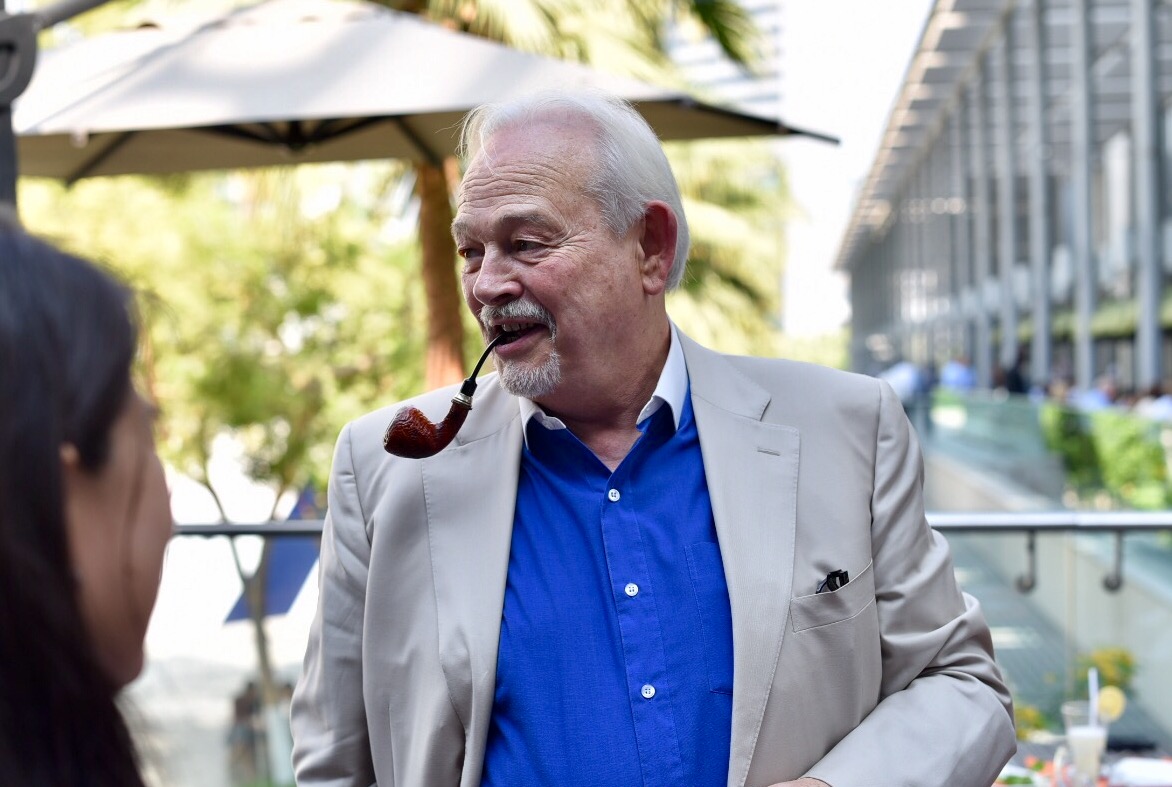
Mr. Dufour’s most recognisable work is the Simplicity, a simple classic time-only watch, hand crafted to the highest standards. Strapped on his wrist is his personal Simplicity numbered 000, conservatively sized at 34mm.
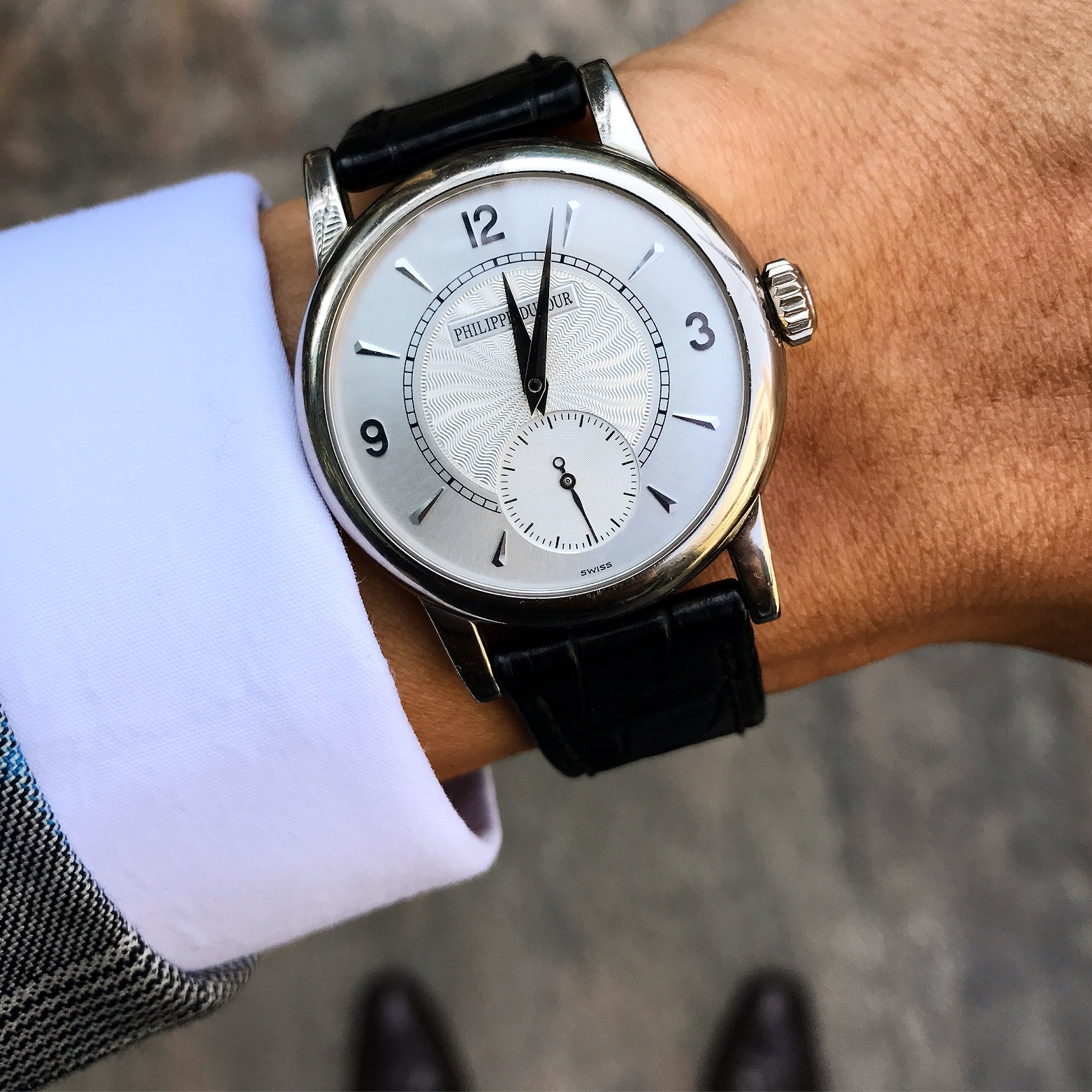
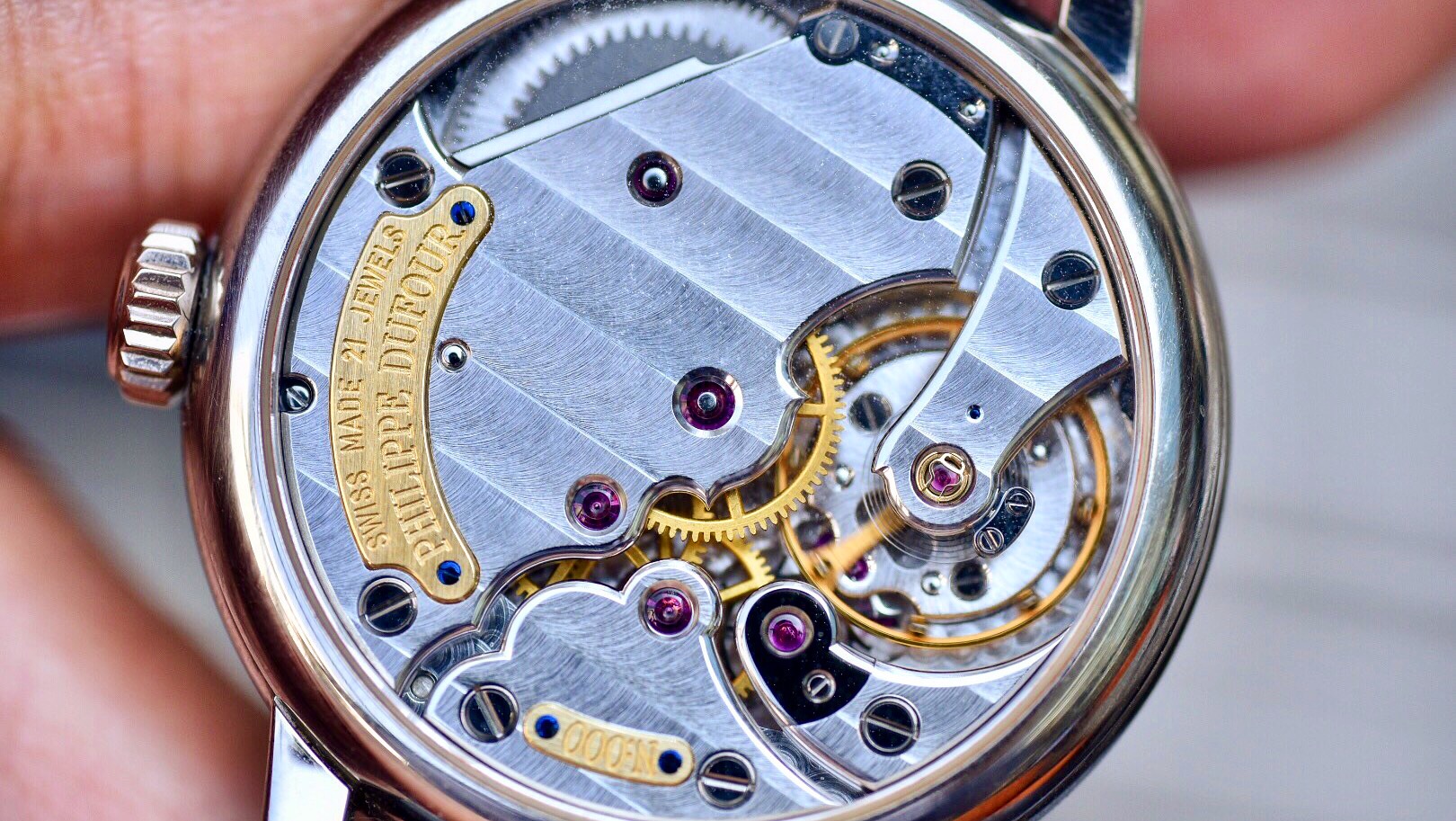
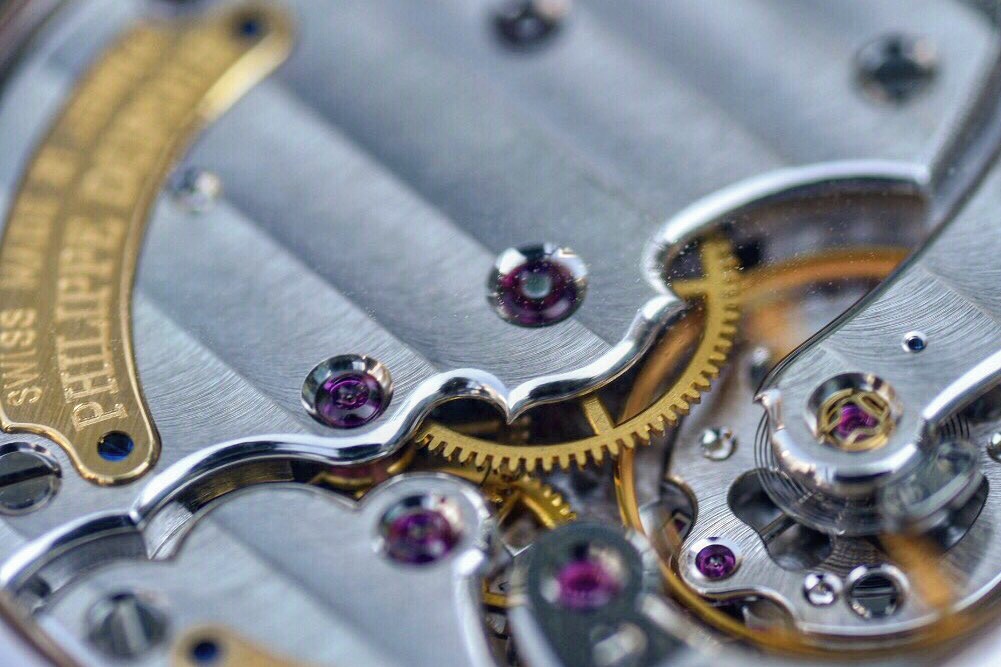
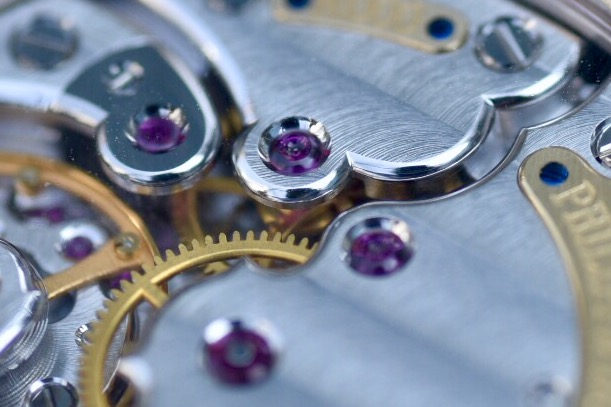
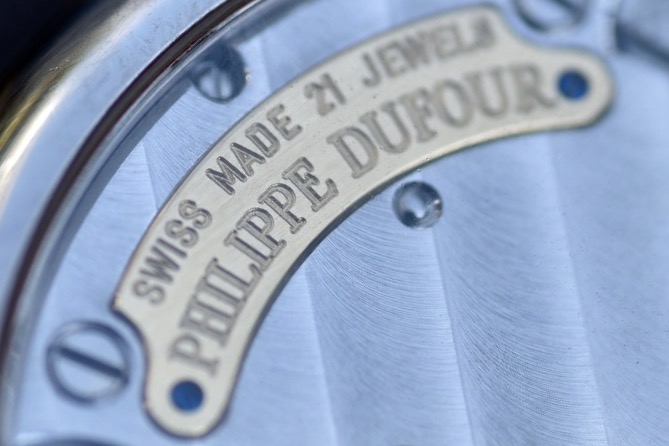
Mr. Dufour also had 2 other horological treasures with him: His A. Lange & Söhne Datograph (rose gold case and black dial variant – now commonly known as the Dufourgraph) and a pocket watch from the 1930s, carefully restored by Mr. Dufour himself.
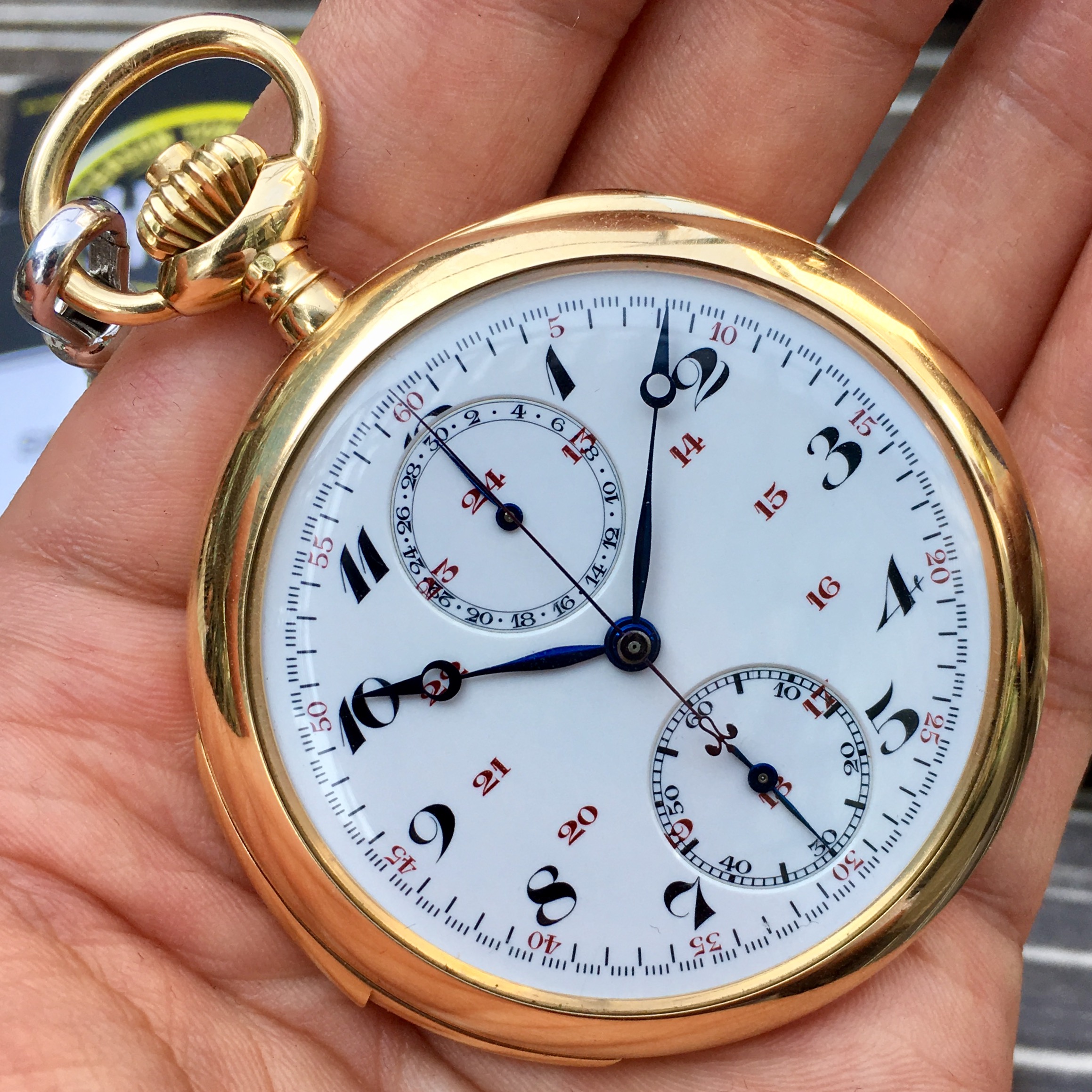
This stunning timepiece features two high complications: minute repeater and chronograph via a single pusher. Both of which takes up immense amount of space, having them together in a watch is no simple feat. It features a beautifully executed grand feu enamel dial and with flamed hands, all of which to a rich deep blue with the exception of the central chronograph seconds heated to a lower temperature to achieve a brownish-purple hue
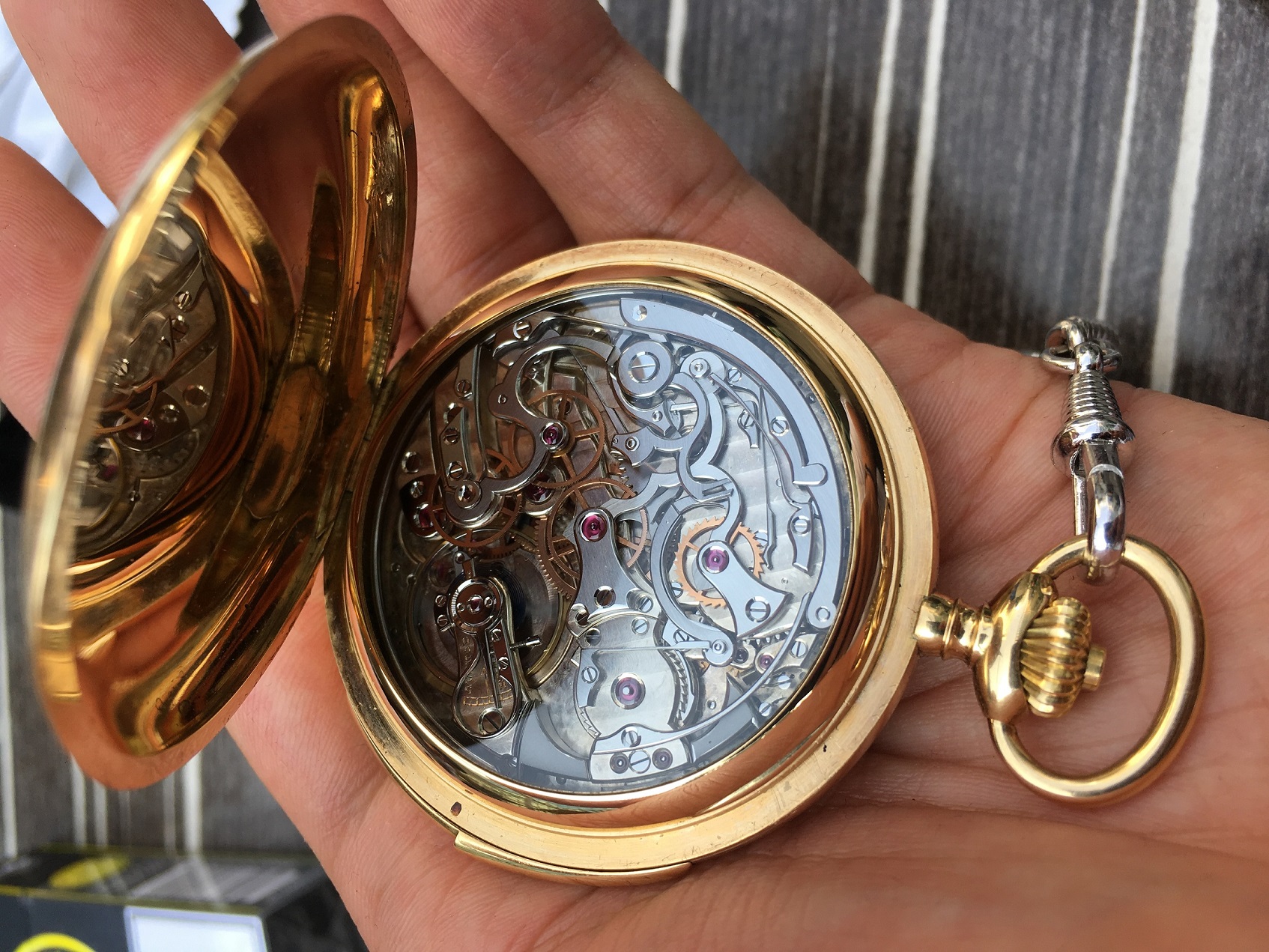
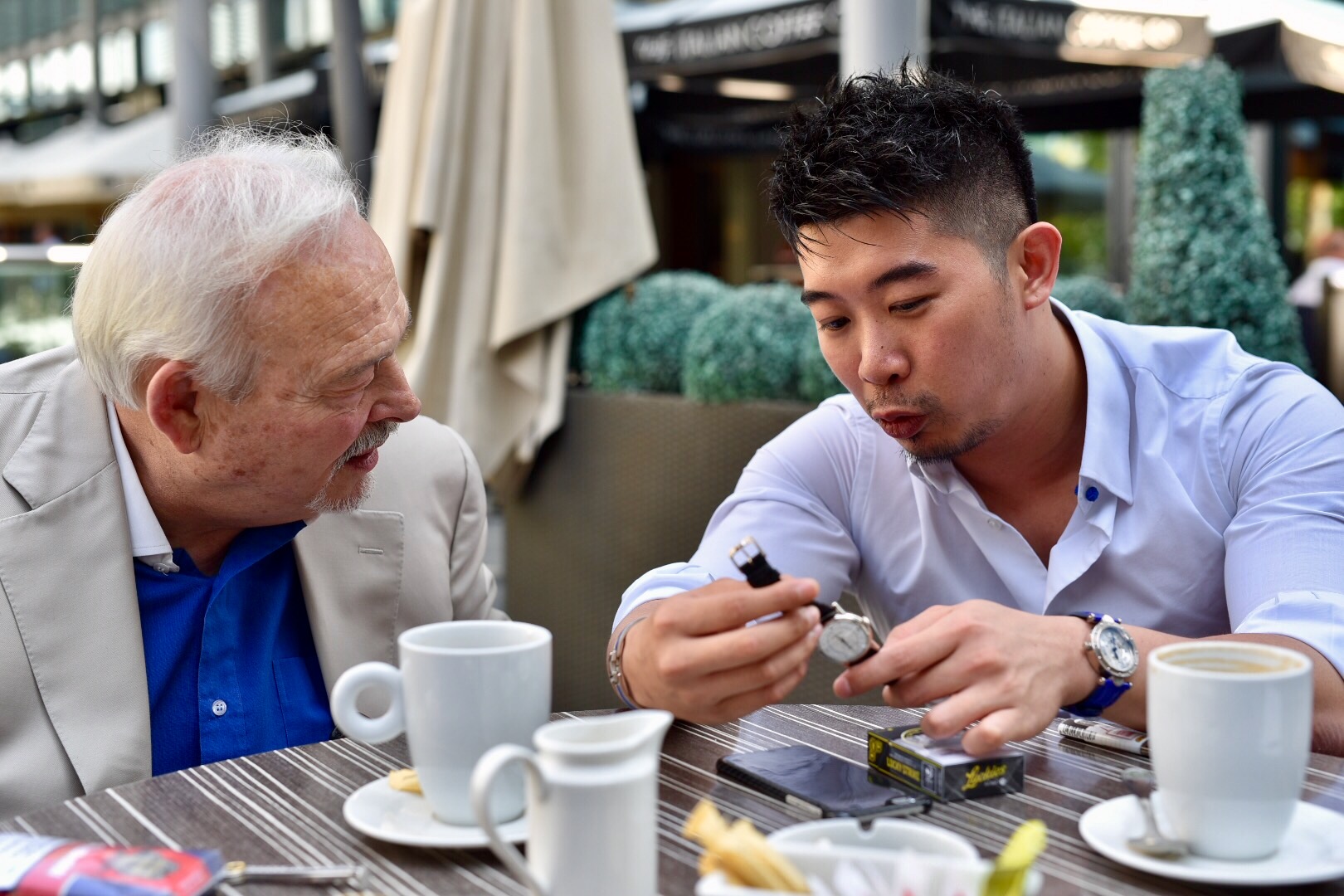
Mr. Dufour’s journey from the bottom to the pinnacle of haute horlogerie is an inspirational life story of dedication and tenacity.
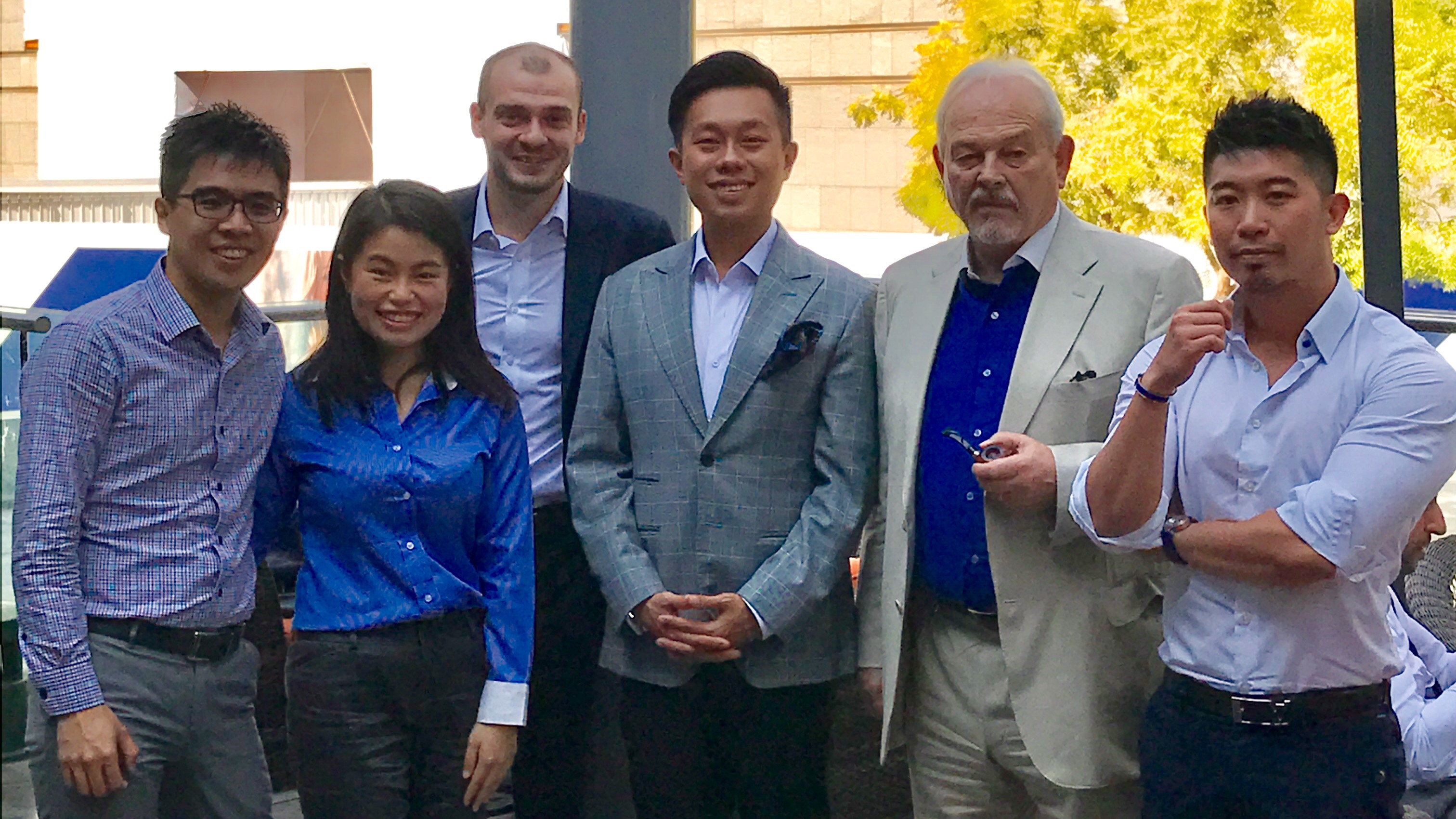
Another highlight of the day was meeting watch designer Mr. Eric Giroud. I happened to be wearing a watch that Mr. Giroud designed: my Manufacture Royale 1770 Voltige.
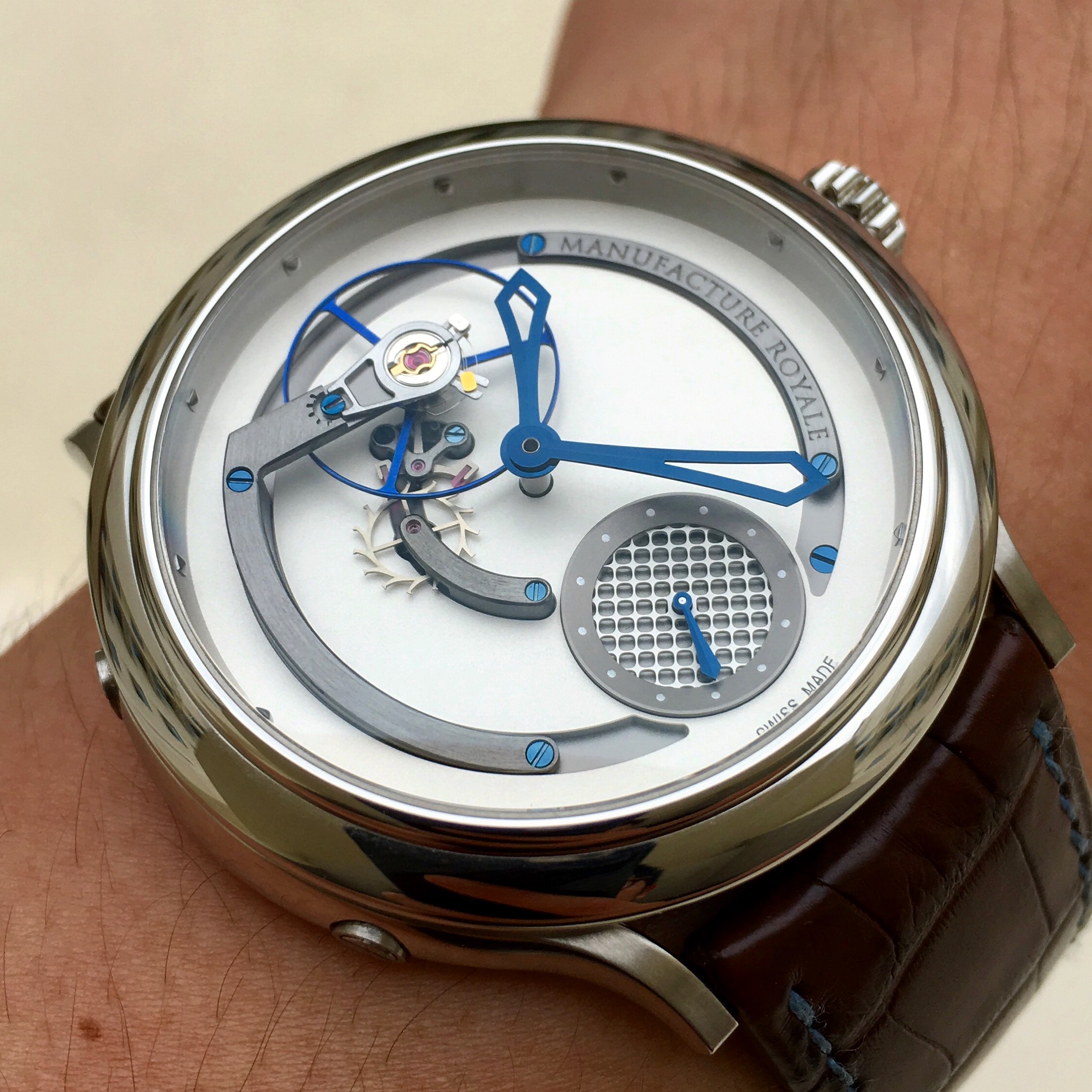
“It’s always the lugs!” was Mr. Giroud’s answer when asked about common challenges faced in his design process. The flow of light is something he paid extreme attention to, and it’s especially hard to get it right given how small timepieces are. “When it comes to watches, a millimetre is a kilometre. Making a minute adjustment changes the overall aesthetics of a watch tremendously.” I’ve also learnt that designing within boundaries such as brand DNA can sometimes demand more creativity prowess as compared to without. Was a great experience peeking into such an inventive mind.
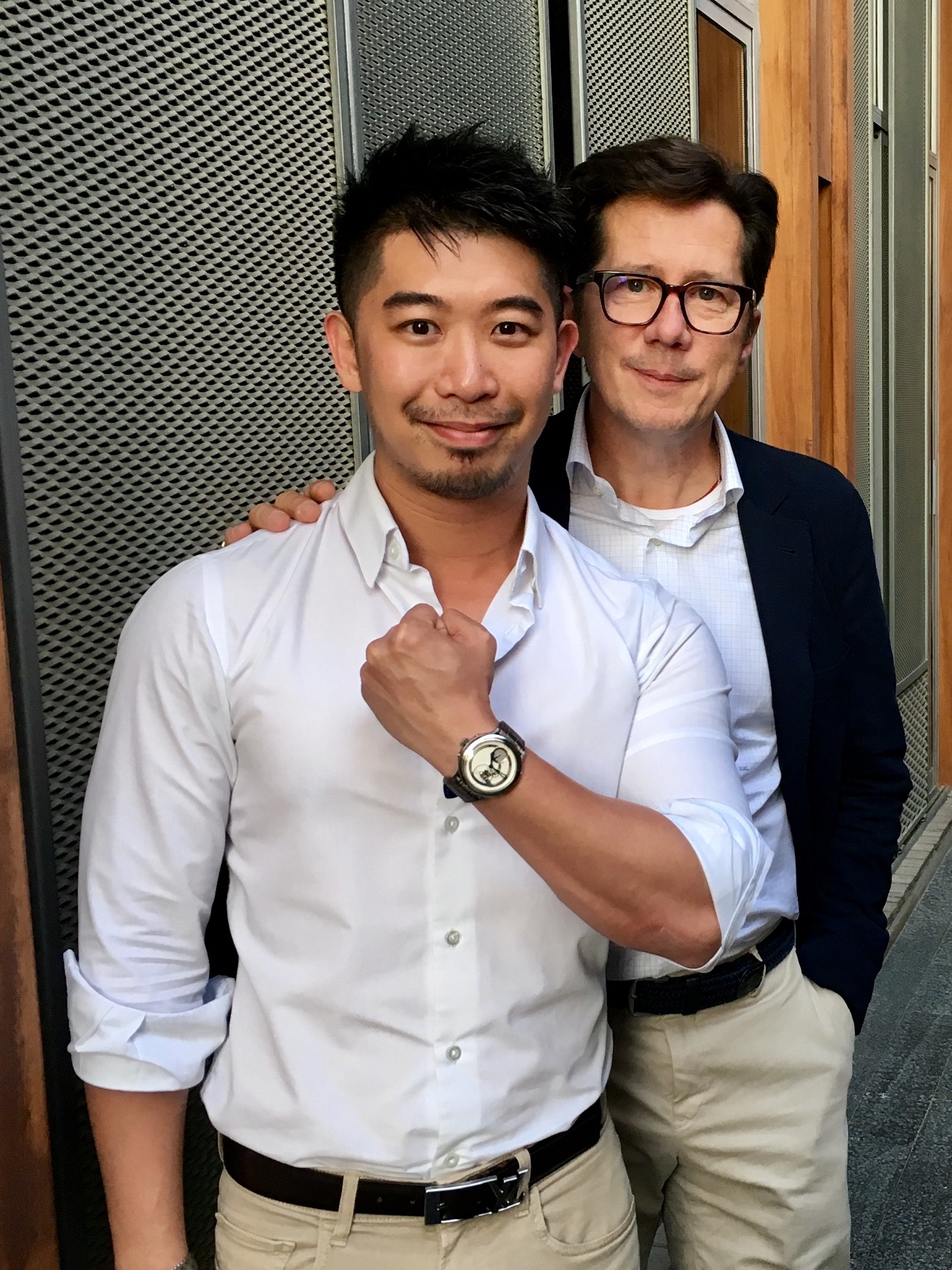
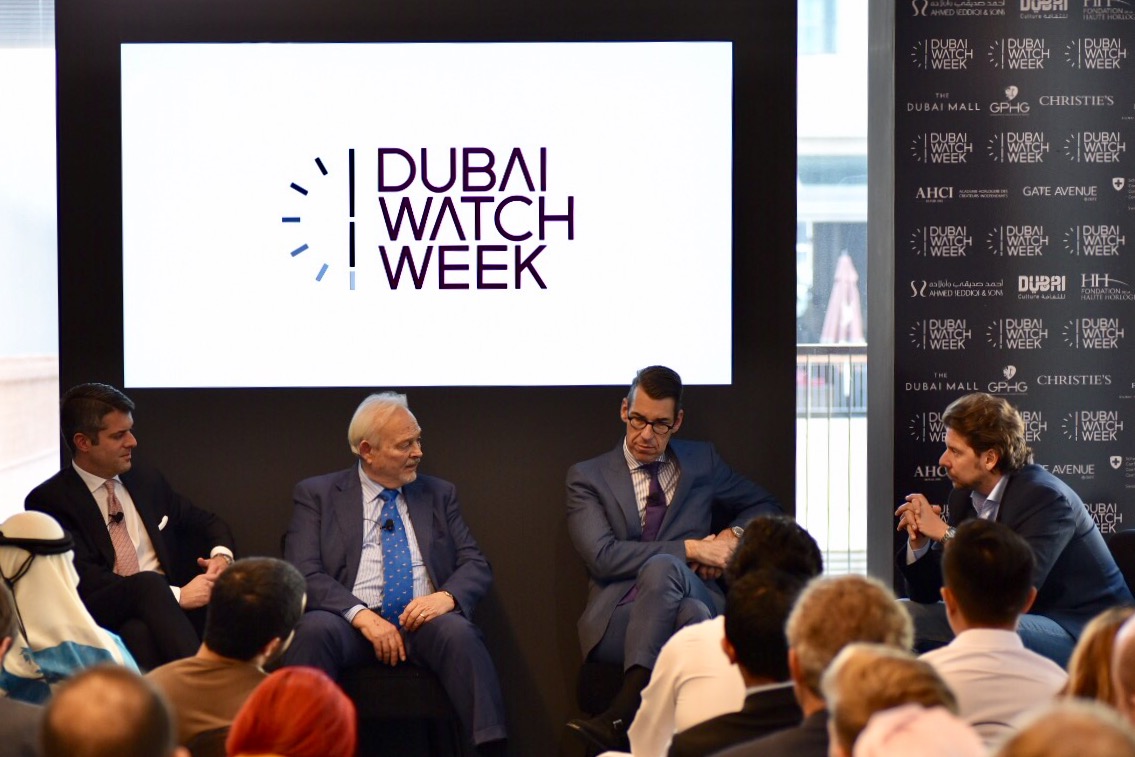
One of the highlights of our 4th day at DWW was witnessing a star studded panel discussing the direction that watches have taken since a hundred years ago and most importantly, where/what watches will be a hundred years from now. Will traditional finishing be lost with the introduction of new materials to watchmaking? That got me thinking.
Silicium seems to be the go-to material for many brands, including traditional industry giants like Patek Philippe. 3D printed case/bridges are also becoming more common and acceptable. Richard Mille’s use of carbon, sapphire crystal on watch components are justified by the technical advantages over traditional brass/steel/german silver. That being said, traditional ways of finishing like côtes de Genève, perlage, anglage and poli noir cannot be performed on such materials. Will new decoration methods be discovered in the upcoming years? I certainly think and hope so. To me, decoration is not the end product, rather the pursuit of perfection even on the smallest component, in which the soul of the watchmaker lives on immortally.
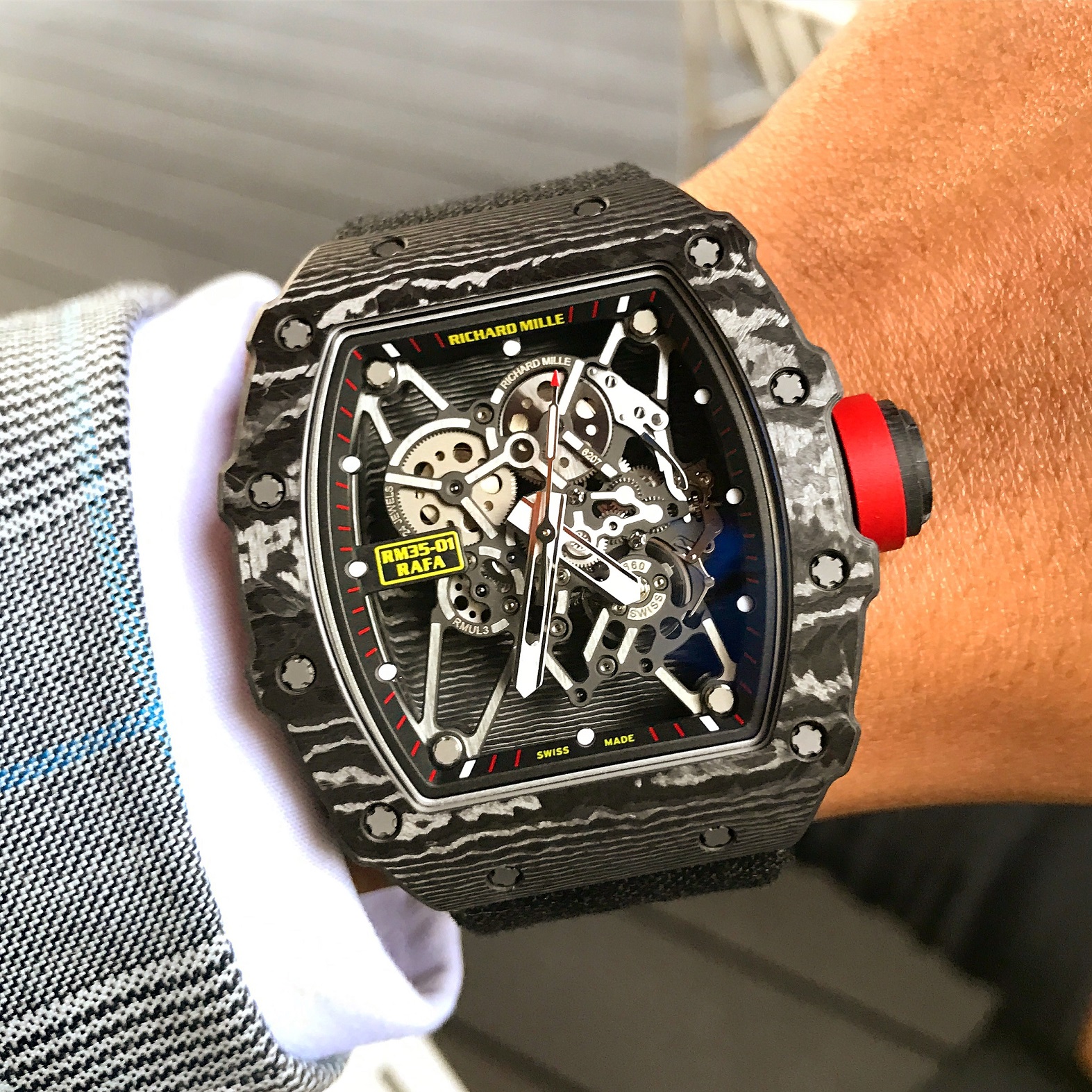
The RM35-01 by Richard Mille is a great example of an introduction of new materials in watchmaking. The case of the watch is made out of NTPT (North Thin Ply Technology), which is essentially over 600 layers of parallel carbon fibre filaments. The result is an astonishing wavy metallic look that is extremely scratch resistant and ultra lightweight. This watch weighs an incredible 20 grams (including the velcro strap), which is approximately the same weight as 4 sheets of A4 size paper.
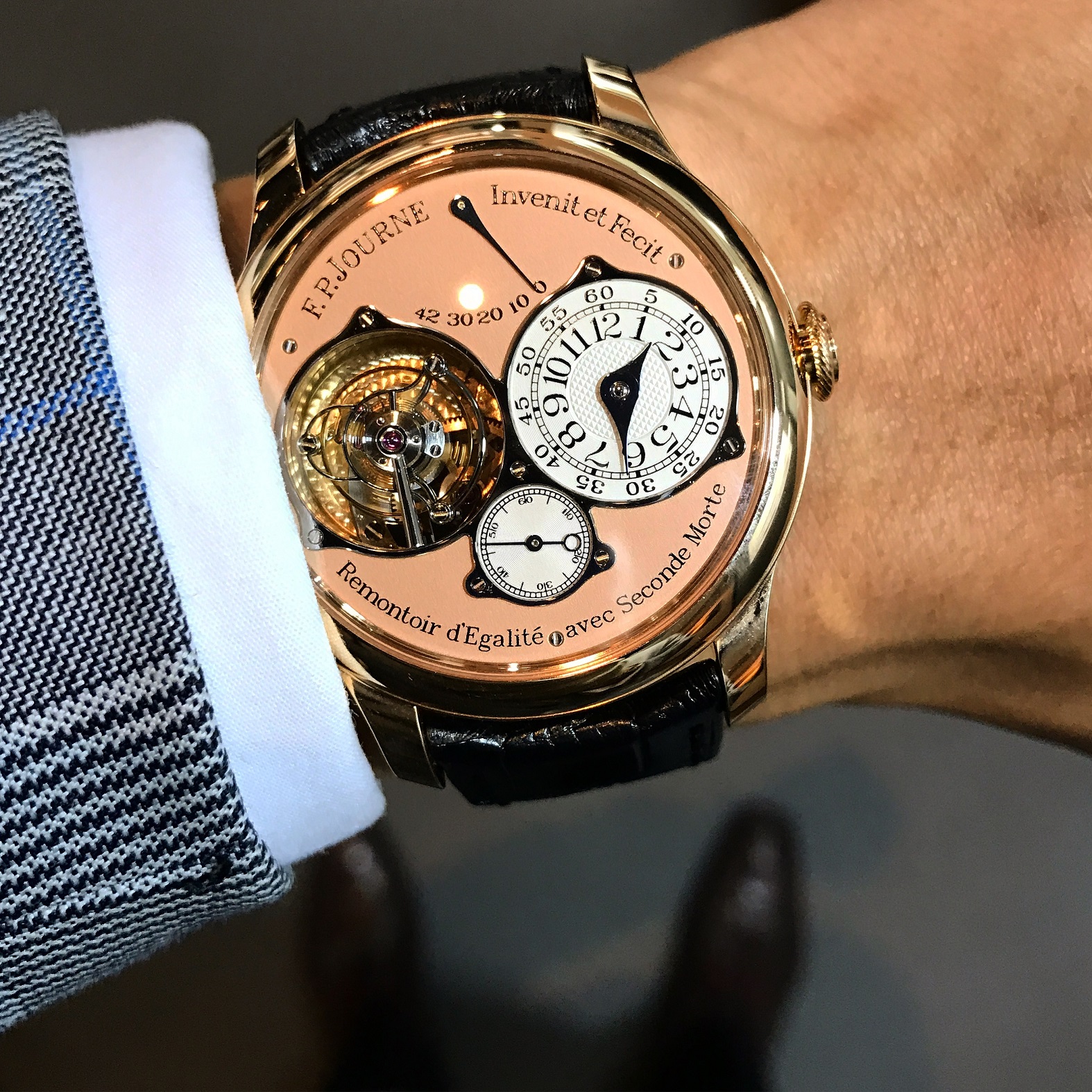
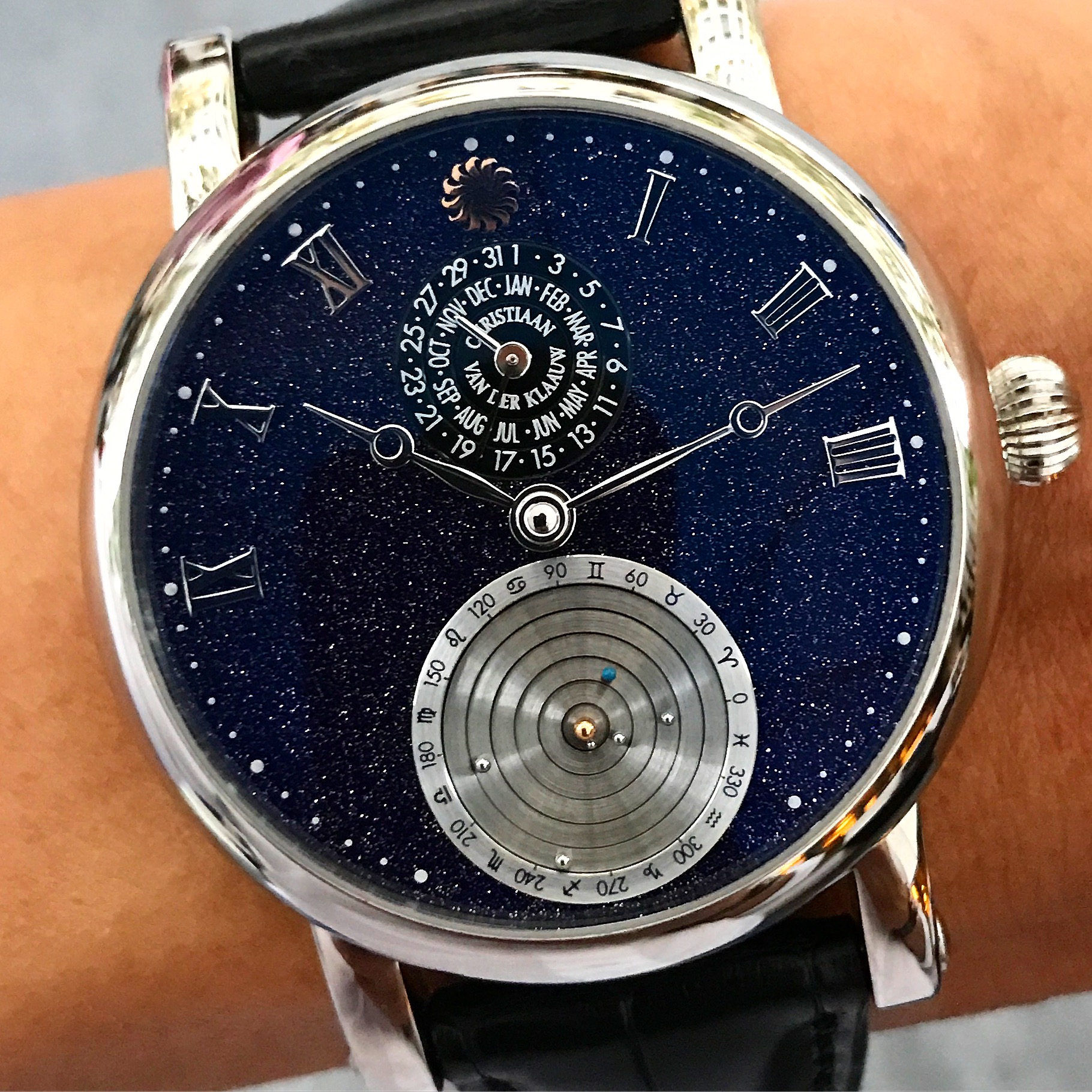
The timepiece above is the world’s smallest mechanical planetarium watch that is equipped with an annual calendar. The subdial at 6pm shows the exact movement of Mercury, Venus, Earth, Mars, Jupiter and Saturn orbiting our sun in an anti-clockwise movement. The dial is made up of Aventurine glass that resembles a starry sky. I can spend days looking at this watch in awe.
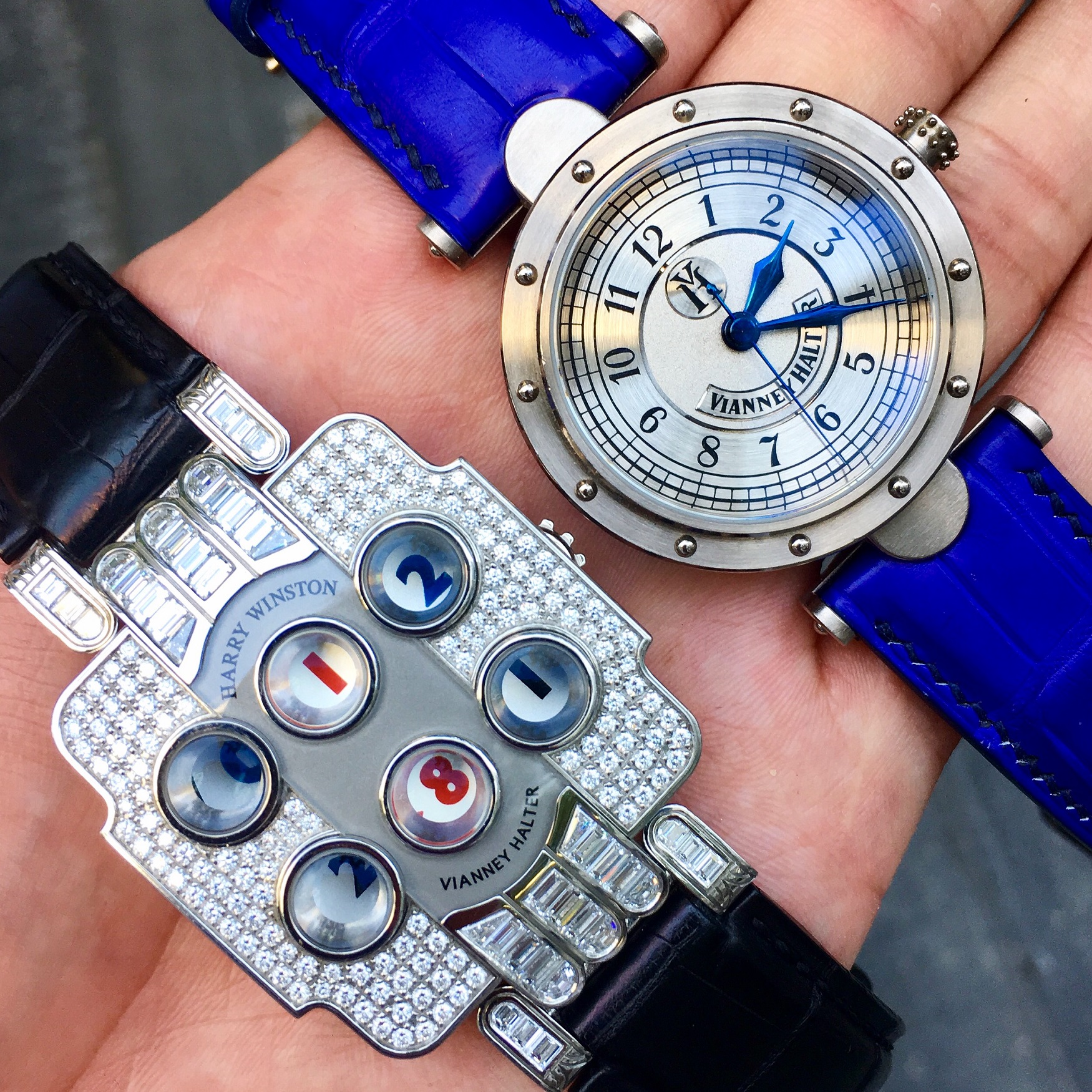
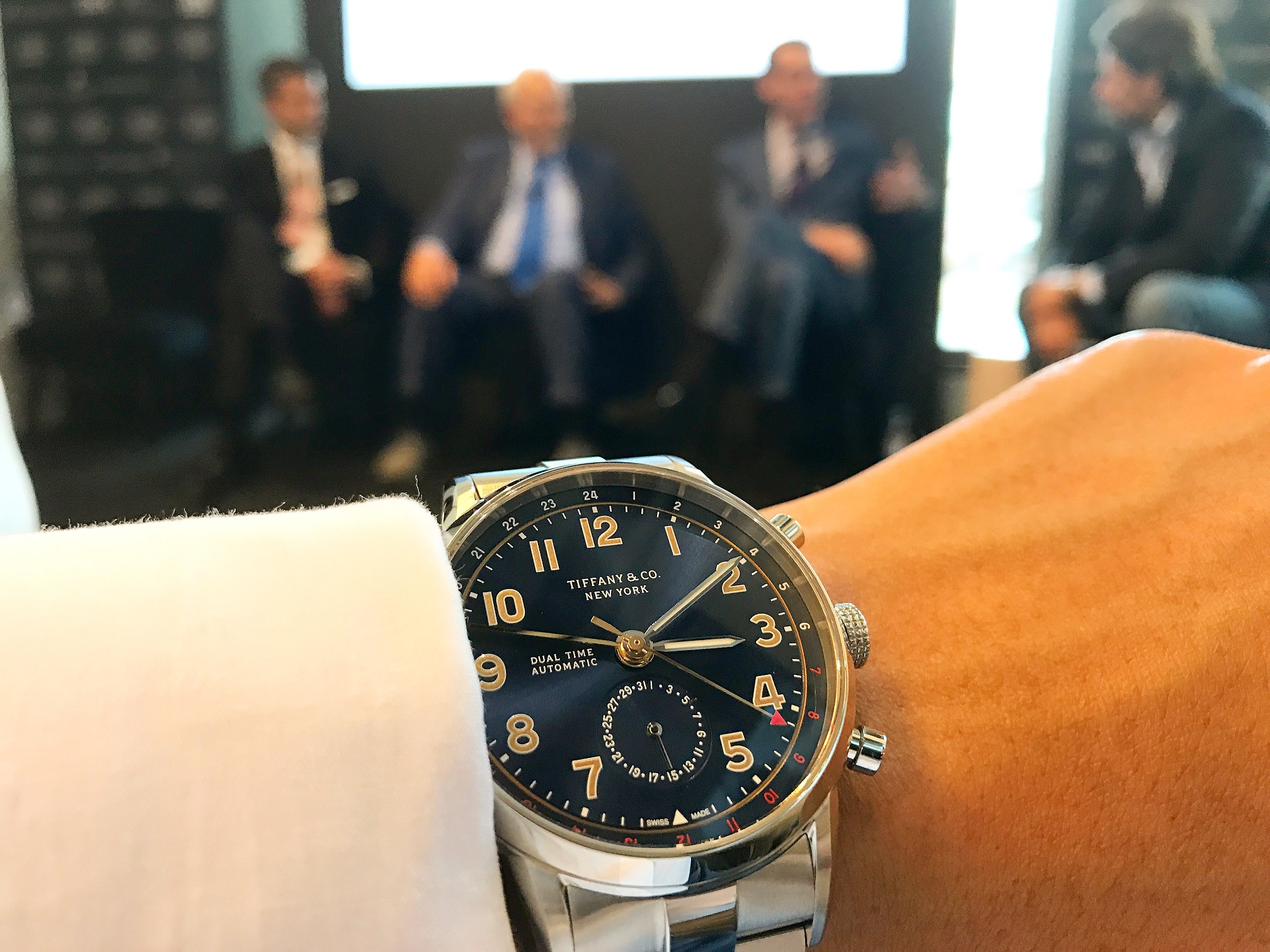
Day 5 saw some very interesting discussion panels, amongst them “The Power of Influence” touched on the Singapore Watch Club’s role in the industry to a certain extent. Everyone can have a voice on a social media/digital platform, but it can be a double edged sword: use it responsibly, ethically and we can all benefit from more efficient transmission, dissemination of information and constructive discussions. However, it can also be an unregulated medium to irresponsibly harm, mislead or confuse consumers and other stakeholders. I for one firmly believe in ethical and responsible content, because when it comes to the niche world of watches, a large audience actually depends on very few individuals for “facts”, and have little avenues to fact check otherwise. At this panel I witnessed a good argument for and against some sort of regulation or central body for watch journalism. The feasibility of one isn’t very encouraging at the moment, but it was nice seeing so many stakeholders are agreeing that it is an area we can and should improve on.
Being the last day of Dubai Watch Week, by now the attendees are all pretty much friends now. We took our final photos and said our final goodbyes. Very fortunate to be part of this tight-knit community of amazing passionate people. The world of luxury watches can be very snobbish, be it about knowledge or collection. It really puts a smile on my face to say that I’ve not witnessed that at all at Dubai Watch Week. Master watchmakers, prolific collectors and esteemed watch experts have all lent me their time for, at the very least, a chat. I congratulate and thank Ahmed Seddiqi and Sons for this highly successful convention, and I very much look forward to the 2017 installment.
